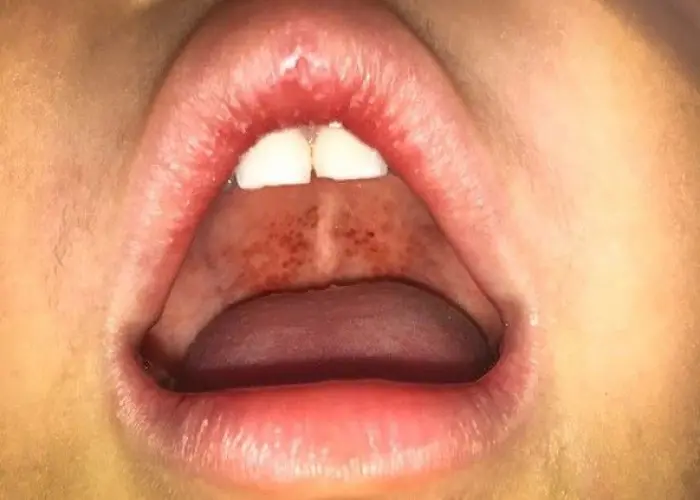 Welcome
Welcome
“May all be happy, may all be healed, may all be at peace and may no one ever suffer."
Primary progressive aphasia

Primary progressive aphasia (PPA) is a rare neurological disorder that affects language skills, specifically the ability to speak, read, write, and understand language. PPA is a form of frontotemporal dementia (FTD), which is caused by damage to the front and temporal lobes of the brain.
PPA typically progresses slowly over several years, and the symptoms may vary depending on which area of the brain is affected. There are three subtypes of PPA, including:
- Nonfluent/agrammatic variant PPA: In this subtype, individuals have difficulty with the production of language, including speech, grammar, and syntax. They may have difficulty forming sentences, using correct verb tense, and using pronouns correctly.
- Semantic variant PPA: In this subtype, individuals have difficulty with the understanding and use of words and concepts. They may have difficulty identifying objects or understanding the meaning of words and sentences.
- Logopenic variant PPA: In this subtype, individuals have difficulty with word retrieval and naming, and may speak slowly and hesitantly.
There is currently no cure for PPA, and treatment is focused on managing symptoms and maintaining function. Speech therapy and language training can help individuals with PPA maintain their ability to communicate, and cognitive-behavioral therapy can help with emotional and behavioral changes that may accompany the disorder. Medications may also be used to manage symptoms such as depression, anxiety, or agitation.
The cause of PPA is not fully understood, but it is thought to be related to a combination of genetic and environmental factors. The diagnosis of PPA is typically made based on a combination of clinical symptoms, neurological testing, and imaging studies such as magnetic resonance imaging (MRI).
Research Papers
Disease Signs and Symptoms
- Difficulty comprehending spoken or written language, particularly single words
- Difficulty retrieving words and word substitutions
- Frequently pausing in speech while searching for words
- Difficulty repeating phrases or sentences
- Poor grammar in written and spoken form
- Using grammar incorrectly
Disease Causes
Primary progressive aphasia
Primary progressive aphasia is caused by a shrinking (atrophy) of certain sections (lobes) of the brain responsible for speech and language. In this case, the frontal, temporal or parietal lobes, primarily on the left side of the brain, are affected.
Atrophy is associated with the presence of abnormal proteins, and brain activity or function in affected areas might be reduced.
Disease Prevents
Disease Treatments
Primary progressive aphasia can't be cured, and there are no medications to treat it. However, some therapies might help improve or maintain your ability to communicate and manage your condition.
Speech and language therapy
Working with a speech-language pathologist, focusing primarily on ways to make up for lost language skills, can be helpful. Although speech and language therapy can't stop the progression of the condition, it can help you manage your condition and may slow the progression of some symptoms.
Disease Diagnoses
Disease Allopathic Generics
Disease Ayurvedic Generics
Disease Homeopathic Generics
Disease yoga
Primary progressive aphasia and Learn More about Diseases

Somatic symptom disorder

Brugada syndrome

Bundle branch block

Generalized anxiety disorder

Costochondritis

Mixed connective tissue disease

Growing pains

Diphtheria
primary progressive aphasia, প্রাথমিক প্রগতিশীল আফসিয়া
To be happy, beautiful, healthy, wealthy, hale and long-lived stay with DM3S.
